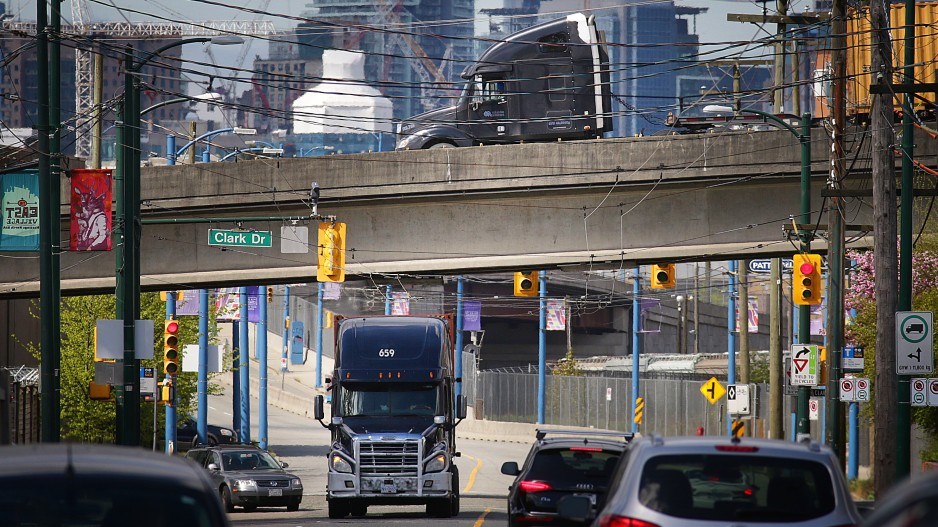Metro Vancouver will be ringing in the new year with a little less pep in its step.
Economic growth throughout the region is expected to slow in 2023 as ongoing labour shortages and surging interest rates take their toll, according to a forecast released Friday by the Conference Board of Canada.
The Ottawa-based think tank predicts the local economy will grow 2.8 per cent by the end of this year before real GDP growth cools to 2.2 per cent in 2023.
“Although Vancouver’s consumer price inflation is expected to decelerate from this year’s 7.2 per cent average, the city’s households and businesses are still reckoning with today’s elevated prices,” the Conference Board said in its forecast.
“Vancouver typically has among the highest gas prices in the country and households were hit by surging energy prices earlier this year.”
The Conference Board also pointed to Vancouver's waning real estate market amid rising interest rates as one of the main culprits behind the slowdown.
Meanwhile, the local labour market is under tremendous strain as employers across disparate sectors scramble to recruit and retain workers amid an unemployment rate that fell 0.5 percentage points to 4.3 per centbetween August and September.
The Conference Board projects B.C.’s labour force growing 1.2 per cent this year and 0.6 per cent next year.
But growth in Vancouver’s labour force will be weaker compared with the rest of the province, expanding 0.2 per cent in 2022 and 0.3 per cent in 2023.
This comes as the regional population is expected to grow 1.6 per cent next year after posting 1.4 per cent growth by the end of 2022.
“Hiring difficulties is curtailing economic growth,” Ken Peacock, chief economist of the Business Council of B.C., told BIV on Tuesday.
“But ultimately what's going to happen is wages are going to be pushed up.”
He said wage growth across the province is up about 5 per cent year over year.
“Employers are going to continue to work to retain and attract employees, and they're going to be devoting more resources and efforts to try to attract the right employees. All this adds to costs, of course,” Peacock said.
“The reality, however, is much of this labour market tightness is going to unwind over the next year, year-and-a-half as the economy slows. The big question mark, though, is to what extent are employers going to be kind of reluctant to lay people off in the downturn, just because of the shortages and difficulty hiring workers … fresh in their minds.”
Vancouver is still expected to outpace growth in province’s capital.
The Conference Board forecasts Victoria’s real GDP growing 2.6 per cent this year and 1.8 per cent in 2023.



